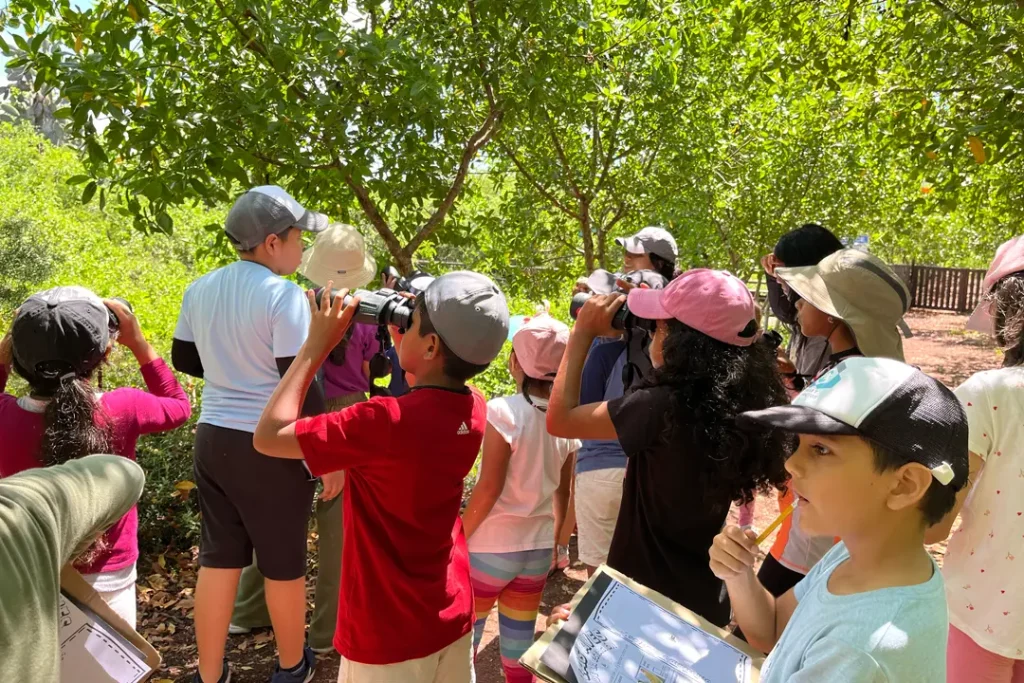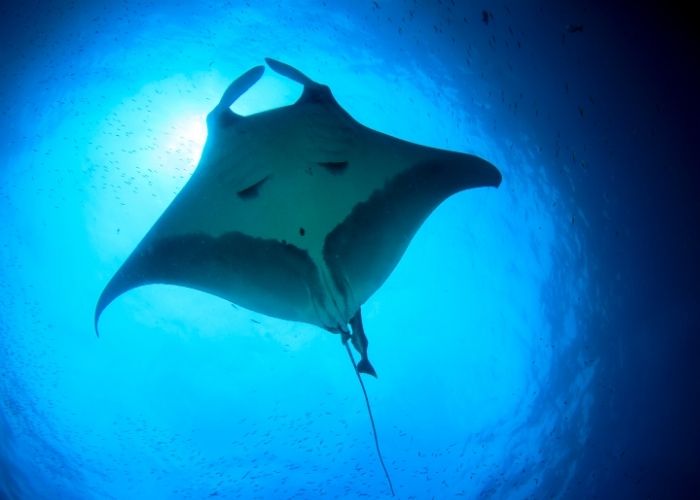In the last four decades, the Galapagos Sea Lions and Galapagos Fur Seals have seen significant population declines due to the changing climate, pollution and invasive species. These pinnipeds have been listed on the Red List of Threatened Species of the International Union for Conservation of Nature.
©Joshua Vela
Dr. Diego Paez-Rosas is leading the research, a distinguished Galapagos Marine Scientist at the Universidad San Francisco de Quito. He is supported by USFQ researchers and the Galapagos National Park Directorate. Paez-Rosas, who has been working on marine megafauna research for the past two decades, calls Galapagos pinnipeds the “sea sentinels”. By studying their behavior, they can gain insight into the health of the ecosystem.
Experts say that climate change has a tendency to increase the frequency and intensity of El Nino events, which increases ocean temperatures. This temperature increase in the Galapagos Marine Reserve causes a decrease in productivity, and the food resources of the pinnipeds become scarcer.
They have a diverse diet, which bodes well for their ability to adapt to future changes in marine life communities brought on by climate change. Their diet is diverse, which means they will be able to adapt well to the future changes that climate change may bring about in marine life communities.
Galapagos Conservancy Director of Conservation Dr. Jorge Carrion said that the research would produce baseline data to help conserve the Galapagos Pinnipeds. It will also allow researchers to examine the long-term impacts of climate change.
Galapagos Conservancy thanks Dr. Diego Paez Rosas for his contributions to the conservation and protection of Galapagos ecosystems. His research on the relationship between Galapagos Pinnipeds and climate change will help conserve these species.
©Joshua Vela


